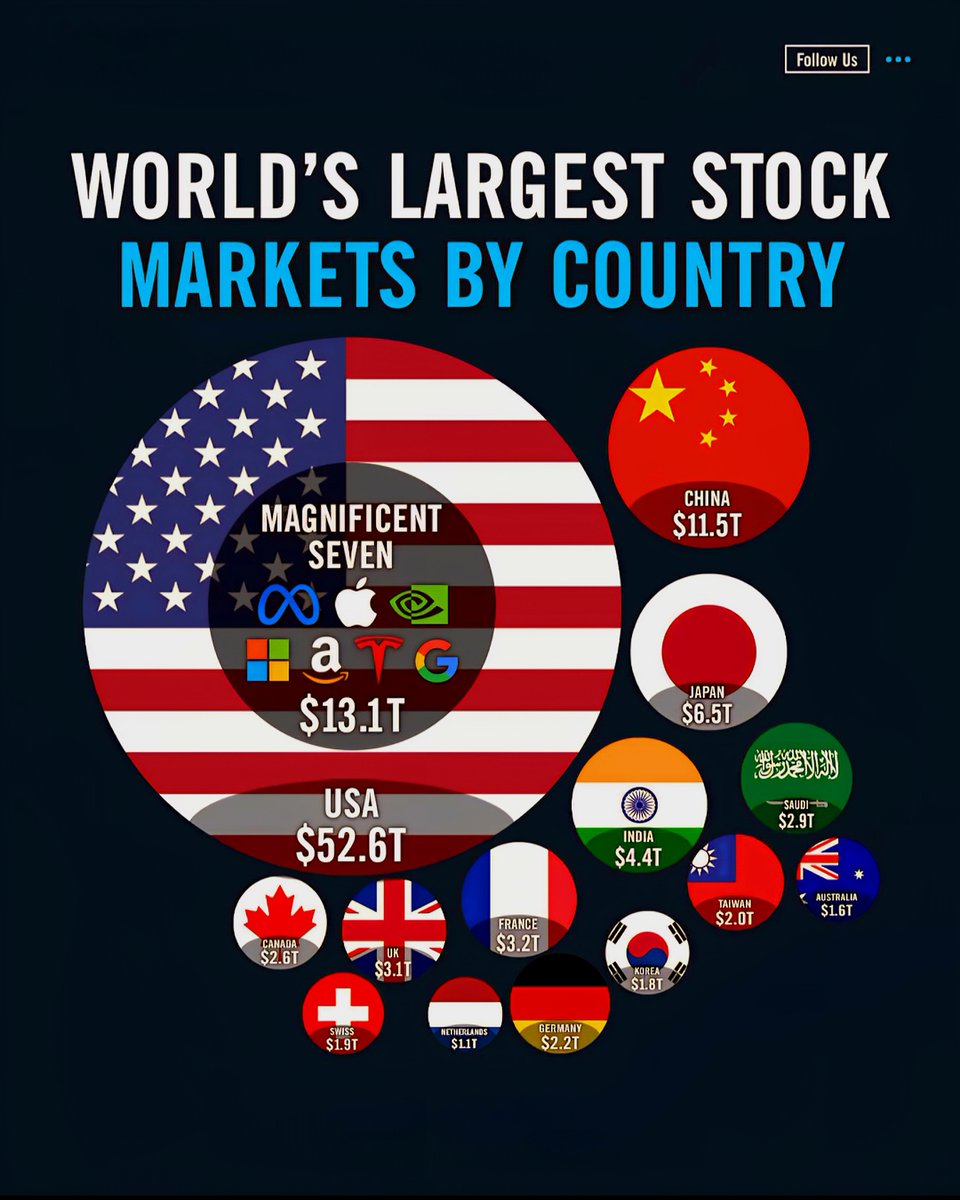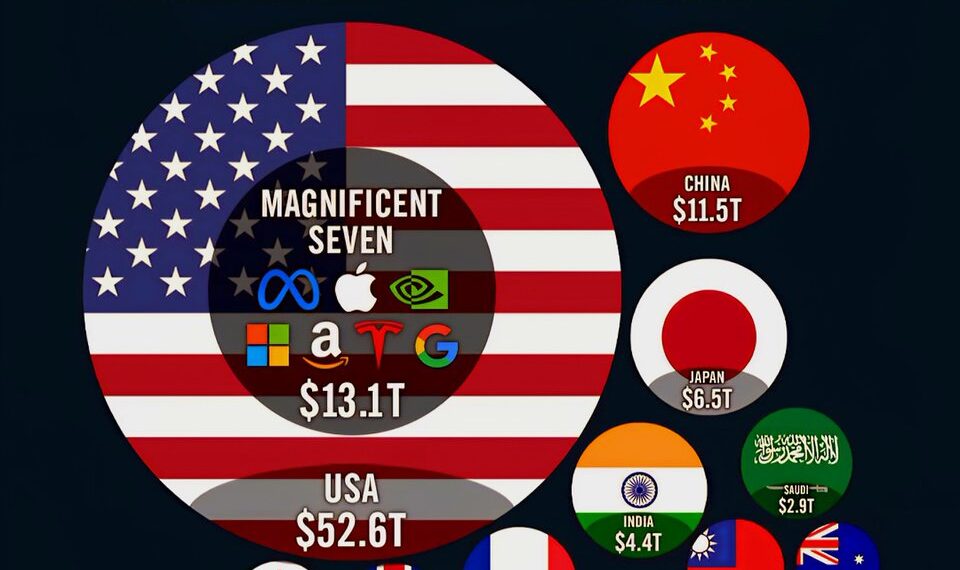Select Language:
The Evolution of the World’s Trillion-Dollar Stock Markets in 2025
The global stock market landscape has experienced unprecedented growth, with more markets crossing the trillion-dollar valuation mark than ever before. This milestone highlights the resilience of the world’s key economies and the rapid technological advancements fueling economic expansion. Here’s a comprehensive look at the most significant developments in the world’s trillion-dollar stock markets in 2025.

1. The United States Continues to Dominate
The U.S. stock market remains the largest and most influential, with technology giants like Apple, Microsoft, and Google’s parent company Alphabet leading the charge. In 2025, the combined valuation of the New York Stock Exchange (NYSE) and NASDAQ surpassed $45 trillion, fueled by robust tech innovation, a thriving startup ecosystem, and a resilient economy. The surge of green energy companies and AI firms significantly contributed to this growth, cementing the U.S. as the global financial powerhouse.
2. China’s Rapid Market Expansion
China’s stock markets, primarily the Shanghai and Shenzhen exchanges, have seen a meteoric rise, with their combined market capitalization exceeding $18 trillion. Driven by aggressive government support for technological innovation, green infrastructure investments, and a burgeoning consumer market, Chinese firms like Alibaba, Tencent, and emerging tech startups have become crucial components of the trillion-dollar club. The inclusion of Chinese companies in global indexes further bolstered investor confidence.
3. The European Union’s Steady Growth
The European Union’s market capitalization crossed the $14 trillion mark, with major contributions from Germany, France, and the UK. The EU’s push towards sustainability and investment in green technology have invigorated sectors like renewable energy, electric vehicles, and digital infrastructure. Companies such as Siemens, Volkswagen, and Airbus have played pivotal roles, balancing traditional industries with innovative tech solutions that attract global investment.
4. India Gains Ground as a Powerhouse
India’s stock markets made a significant leap, with the Bombay Stock Exchange (BSE) and National Stock Exchange (NSE) crossing the $4 trillion threshold. Rapid economic reforms, a booming IT sector, and a young, tech-savvy population have been key drivers of this growth. Leading Indian firms like Reliance Industries and Tata Group have expanded globally, and new startups in fintech and e-commerce are fueling investor interest.
5. The Rise of Emerging Markets
Beyond the traditional giants, emerging markets such as Brazil, South Korea, and Indonesia have increasingly pushed into the trillion-dollar territory. Brazil’s commodity exports and resource companies, South Korea’s electronics and shipbuilding sectors, and Indonesia’s natural resources have attracted substantial foreign investment. These nations demonstrate how diversification and strategic growth policies can uplift entire economies into the trillion-dollar club.
6. The Impact of Technological Innovation and Sustainability
Across all these markets, the common thread remains technological innovation paired with a focus on sustainability. Companies pioneering artificial intelligence, blockchain, and renewable energy technologies are not only making their markets more valuable but also reshaping the global economic landscape. Governments worldwide are incentivizing green initiatives, further accelerating a shift toward a sustainable and innovative global economy.
7. Challenges and Future Outlook
Despite impressive growth, these markets face challenges, including geopolitical tensions, regulatory changes, and economic disparities. Market volatility remains a concern, especially as inflation rates fluctuate and interest rates adjust in response to global monetary policies. However, analysts remain optimistic that the trend toward larger, more resilient stock markets will continue into 2026 and beyond, driven by technological breakthroughs and an expanding global middle class.
The expanding universe of trillion-dollar stock markets underscores the dynamism and interconnectedness of today’s economy—futures shaped by innovation, resilience, and strategic foresight.







